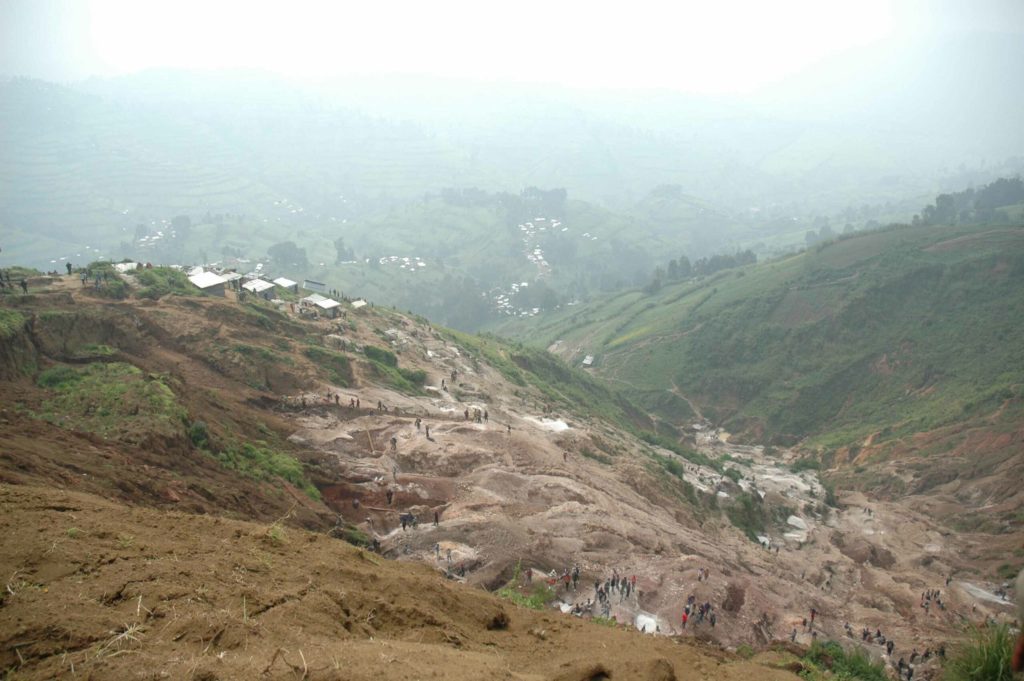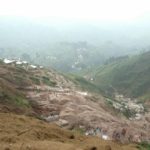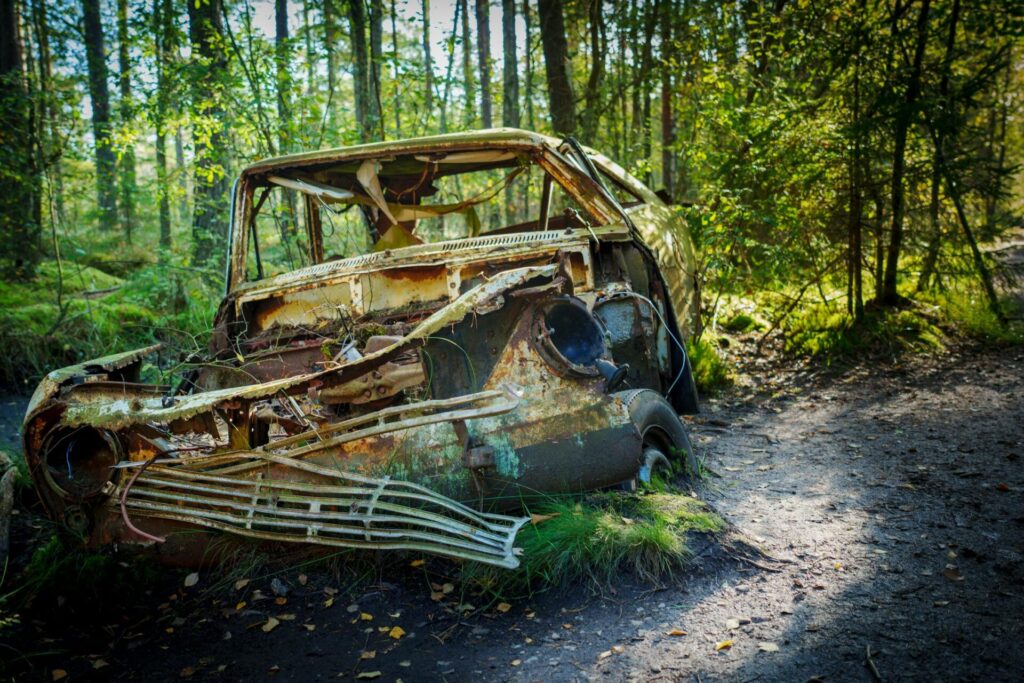When we talk about the DRC, we often hear about the deadly conflicts taking place in certain regions, notably Kasai or the Kivus. The land issue plays an important role in the cohesion and social peace of the country, but what is a land conflict? Can we equate all land-related problems with ethnic disputes, or would that be a simplistic shortcut?

Attachments
Notes[+]
| ↑1 | For example, see “ RDC: l’armée reprend le contrôle d’une localité stratégique dans l’Est, 7 morts », July 16, 2017. |
|---|---|
| ↑2 | SEVERIN MUGANGU MATABARO, “The land crisis in the east of the DRC”, Annuaire L'Afrique des Grands Lacs, 2007-2008, p. 385. |
| ↑3 | SHAMAVU HAMIBANGA DESIRE, Study on the principles, criteria, and indicators for taking into account public participation in decisions likely to have an impact on local land rights in South Kivu, Groupe Jérémie, p. 14. |
| ↑4 | The data concerning this case study were mainly taken from a recent survey carried out in the field by the NGO Search for Common Ground. See Search for Common Ground, Alternative responses for communities in crisis, conflict scan post intervention, Fizi Territory, January 2017. |
| ↑5 | “ Eastern DRC: 80,000 displaced in six days of fighting in Fizi », July 12, 2017. |
| ↑6 | GILLIAN MATHYS and KOEN VLASSENROOT, “Not just a question of land”: Land disputes and conflicts in eastern Congo, Rift Valley Institute, October 2016, p. |
| ↑7 | Ibid., pp. 2 and 4. |
| ↑8 | Self-defense militias are armed groups formed by local populations who intend to protect their common interests against those who threaten them. |
| ↑9 | GILLIAN MATHYS and KOEN VLASSENROOT, op cit., p. 1. |
| ↑10 | Ibid., p. 4. |
| ↑11 | BRUNEAU JEAN-CLAUDE, “Land issues at risk in Congo (DRC): theoretical context and deviant practices”, in Bulletin of the Association of French Geographers¸ 89th Ed., 2012-2013, p. 475. |
| ↑12 | AN ANSOMS, KLARA CLAESSENS and EMERY MUDINGA, “Land grabbing by elites in Kahele territory, DRC”, in Africa of the Great Lakes, Yearbook 2011-2012, pp. 208-209. |
| ↑13 | Law No. 73-021 of July 20, 1973 on the general property regime, land and real estate regime and security regime as amended and supplemented by Law No. 80-08 of July 18, 1980. |
| ↑14 | An Ansoms, Klara Claessens and Emery Mudinga, op cit., p. 207. |
| ↑15 | Séverin Mugangu Matabaro, op cit., p. 386. |
| ↑16 | Ibid., p. 387. |
| ↑17 | Gillian Mathys and Koen Vlassenroot, op cit., pp. 1-3. |
| ↑18 | Ibid., p. 3. |
| ↑19 | Arnold Nyaluma Mulagano and Joyeux Mushekuru Mugeni, The conciliation chambers in the territory of Fizi: Between citizen justice and illegal practices, April 2016, RCN Justice et Démocratie, pp. 7-8. |
| ↑20 | Ibid., p. 7. |
| ↑21 | Ibid., pp. 13-18. |
| ↑22 | Gillian Mathys and Koen Vlassenroot, op cit., p. 4. |
| ↑23 | ARNOLD NYALUMA MULAGANO and JOYEUX MUSHEKURU MUGENI, op cit., pp. 23-24. |
| ↑24 | Ibid., p. 7. |
| ↑25 | SHAMAVU HAMIBANGA DESIRE, op cit., p. 16. |
| ↑26 | GILLIAN MATHYS and KOEN VLASSENROOT, op cit., p. 7. |
| ↑27 | BRUNEAU JEAN-CLAUDE, op cit., p. 484. |
| ↑28 | Shamavu Hamibanga Désiré, op cit., p. 18; Séverin Mugangu Matabaro, op cit., pp. 409-411. |
| ↑29 | Rights and Resources Initiative, Land Tenure and Investments in Africa, Synthesis Report, 2016. |







